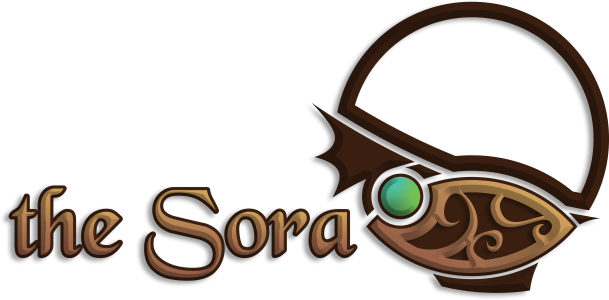Spirit, also known as
universals or
fundamentals, are sapient creatures which are present on most inhabited realms and are virtually identical across all of these realms. They include creatures such as
demons,
fae, and
proteans. Spirits are differentiated from other sapient creatures by their inherent immortality, static societies, and separation from the
gods.
Traits
Spirits are fairly diverse creatures in personality, shape, power, and culture. At first glance, many of them seem to be just another group of sapient mortals, just like
elves,
humans, or
varanids. However, there are important differences between mortals and spirits.
The most obvious difference is the functional immortality of spirits. While all mortals can grow older and die of old age, spirits do not. They are born and grow to adulthood, but generally cease aging in the primes of their lives, or at least can choose when to stop growing older. Similarly, spirits cannot get sick or suffer from any illness or physical infirmity. They are not indestructible, however, though many are sturdier than mortals. They can still be injured and can even be dealt fatal wounds. Many spirits are reputed to be tens of thousands of years old. Those who
are killed are slain forever, baring extremely powerful and rare magic, and they go to no
afterlife.
A less obvious distinction, but one that becomes quickly apparent to any who deal with spirits over multiple realms, is that all spirits of a type have identical societies. Thus every fairy society, every protean society, and even every demon society is structured the same way. These societies never change, never developing new magic, new knowledge, or new ways of thought. Spirits will never find their way to the
Sora on their own, for instance. They can only advance through the influence of outsiders and, even then, such impacts are superficial.
Perhaps most importantly, though the least understood and known distinction, is that spirits are wholly separate from the gods. They have no pantheons of their own, nor worship any deities or even have any sort of religion. Even when introduced to religion, very few show any interest in it and even those that do tend to treat it as a novelty rather than a way of life or devotion. Conversely, the gods tend to pay little attention to spirits other than as a threat to their own followers. They do not seek spirits out as worshipers nor offer divine powers even to those who profess profound reverence.
The combination of these traits has led many scholars to posit that spirits lack
souls. Without a soul, they would have nothing to transmigrate to the afterlife when they perish. Nor could they produce any
pneuma, preventing them from engaging in the truly creative acts necessary to advance societally or providing the gods any power through their belief. It also means they would be unable to generate the malice that causes demons to form, which further explains why demons tempt mortals to commit sins rather than merely committing them personally.
Origin and Purpose
No one is quite sure why spirits come into being on most realms. They are apparently not created by the gods, as most other life is. Instead, they appear to spontaneously arise on realms, appearing fully formed, inhabiting hidden areas. They come into being some short time after a realm is created and populated and spirits are not found on uninhabited realms. This implies that all spirits are, in some sense, a consequence of sapient mortal life. Demons are born from souls who could not pass onto the afterlife and the collected malice of mortals. Fae seem to be connected, in some way, to the dreams of mortals. It is unclear what creates proteans, but if the pattern stands, it has something to do with the mortal experience.



Comments